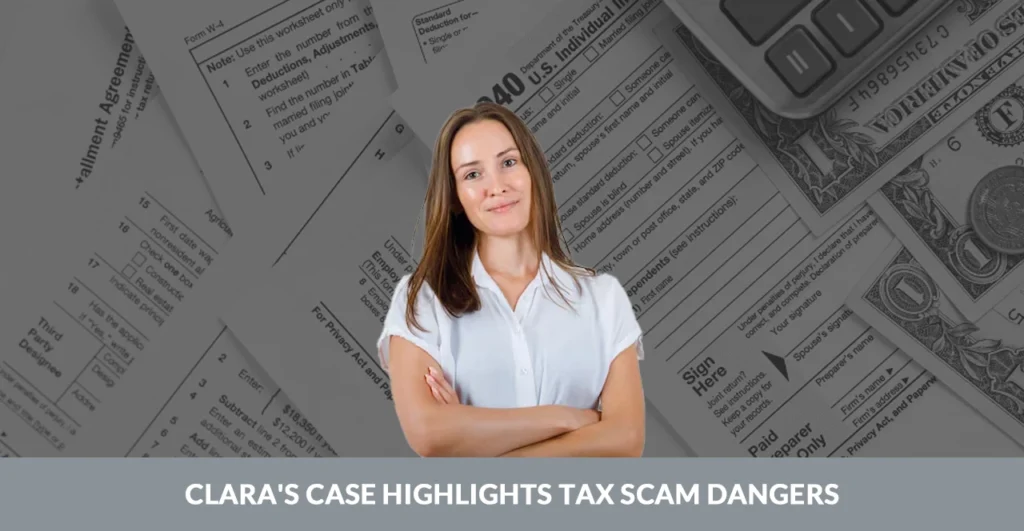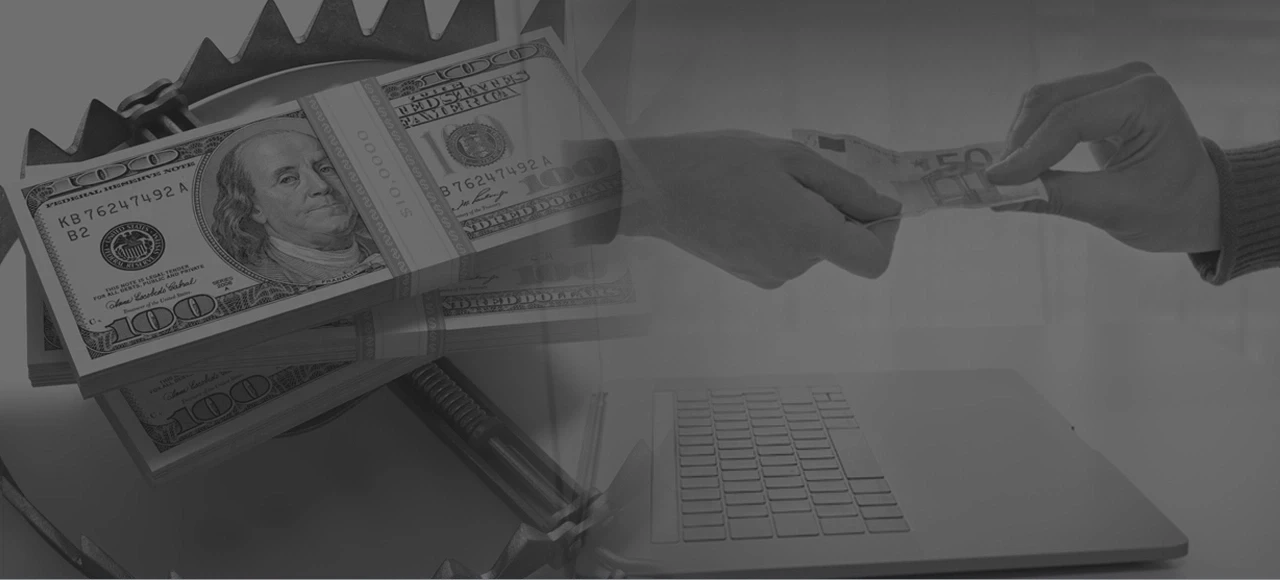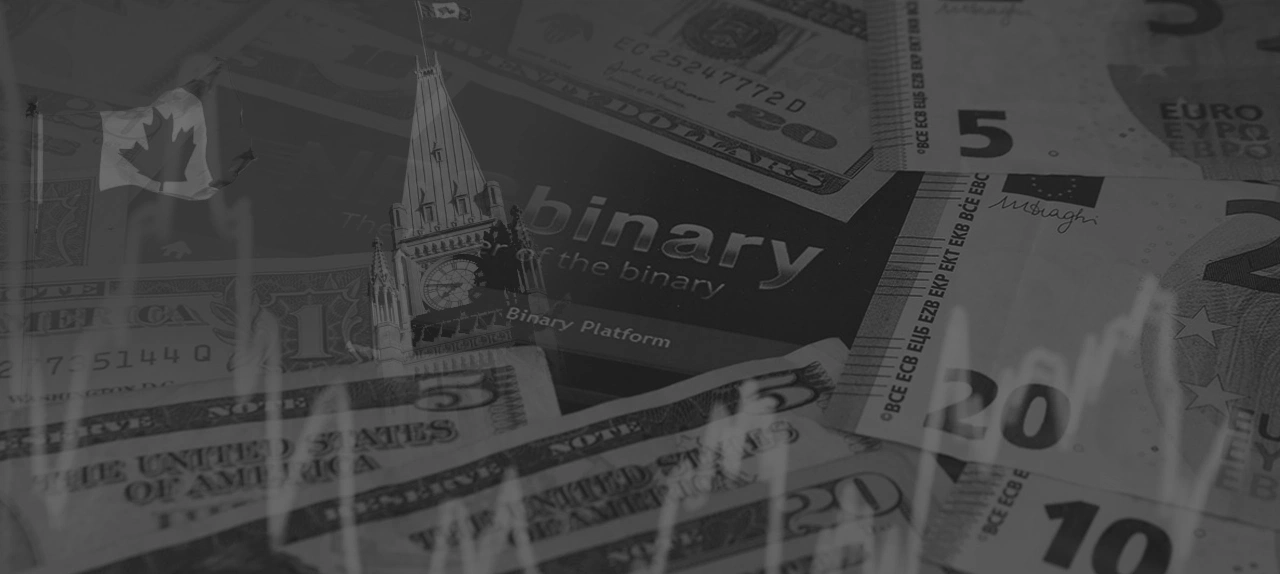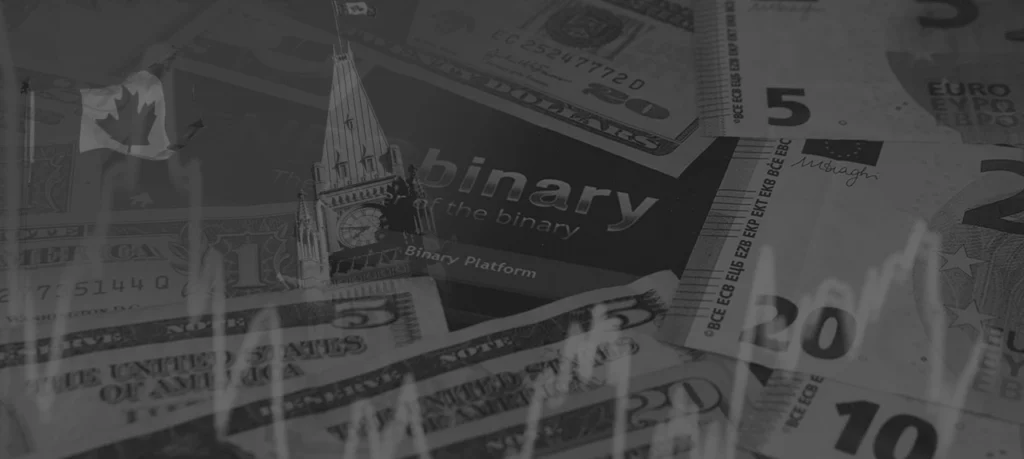
Clara, a 39-year-old marketing professional working in Toronto, was probably doing the right thing when she picked up that call which, apparently, had come from some government tax authority. There was a seriousness to that voice: By all means, the caller had to be rushed in with respect to some late taxes being alleged against Clara, with payment demanded forthwith.
“They knew my name, address, even details about my last filing,” Clara recalled. “Scammers sounded so legal. I truly believed I was facing a challenging situation.”
Caught off guard and feeling pressured, Clara followed their instructions. She was directed to an online payment portal and told to settle the issue before legal action would be taken. Without any verification, she sent the money. Minutes later, the call was hung.
“That’s when it hit me,” she said. “I had been tricked. And it wasn’t just the money — it was the shame, the panic, the disbelief.”
Instead of freezing in regret, she acted immediately. She contacted a legitimate recovery agency that had dealt with impersonation and fraudulent payments before. What really impressed her was their honesty. They did not make wild claims nor pressured her; just a plan on how they were going to proceed, along with periodic updates.
“They didn’t ask for passwords or anything sensitive,” Clara said. “They simply started my recovery and guided me for the future investments and precautions to take care of .”
Using advanced tracing technology, the recovery team followed the digital path of these funds via a complex web of accounts. The assistance of the recovery team enabled Clara to recover some of her losses and move forward with her life.
“It’s terrifying to be targeted like that,” Clara said. “The confusion, the pressure — it’s overwhelming.”
She further added, “But if you have experienced something similar, never keep it to yourself.” There is support out there. Reaching out for help made all the difference for me.”

Clara, a 39-year-old marketing professional working in Toronto, was probably doing the right thing when she picked up that call which, apparently, had come from some government tax authority. There was a seriousness to that voice: By all means, the caller had to be rushed in with respect to some late taxes being alleged against Clara, with payment demanded forthwith.
“They knew my name, address, even details about my last filing,” Clara recalled. “Scammers sounded so legal. I truly believed I was facing a challenging situation.”
Caught off guard and feeling pressured, Clara followed their instructions. She was directed to an online payment portal and told to settle the issue before legal action would be taken. Without any verification, she sent the money. Minutes later, the call was hung.
“That’s when it hit me,” she said. “I had been tricked. And it wasn’t just the money — it was the shame, the panic, the disbelief.”
Instead of freezing in regret, she acted immediately. She contacted a legitimate recovery agency that had dealt with impersonation and fraudulent payments before. What really impressed her was their honesty. They did not make wild claims nor pressured her; just a plan on how they were going to proceed, along with periodic updates.
“They didn’t ask for passwords or anything sensitive,” Clara said. “They simply started my recovery and guided me for the future investments and precautions to take care of .”
Using advanced tracing technology, the recovery team followed the digital path of these funds via a complex web of accounts. The assistance of the recovery team enabled Clara to recover some of her losses and move forward with her life.
“It’s terrifying to be targeted like that,” Clara said. “The confusion, the pressure — it’s overwhelming.”
She further added, “But if you have experienced something similar, never keep it to yourself.” There is support out there. Reaching out for help made all the difference for me.”











